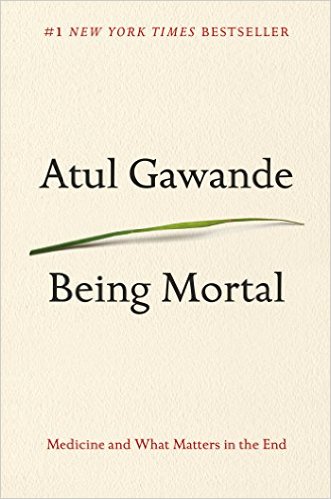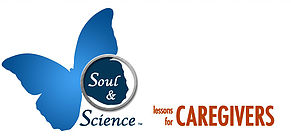BOOKS

Death Foretold: Prophecy and Prognosis in Medical Care
– Nicholas A. Christakis, 2001
 This groundbreaking book explains prognosis from the perspective of doctors, examining why physicians are reluctant to predict the future, how doctors use prognosis, the symbolism it contains, and the emotional difficulties it involves. Drawing on his experiences as a doctor and sociologist, Nicholas Christakis interviewed scores of physicians and searched dozens of medical textbooks and medical school curricula for discussions of prognosis in an attempt to get to the core of this nebulous medical issue that, despite its importance, is only partially understood and rarely discussed.
This groundbreaking book explains prognosis from the perspective of doctors, examining why physicians are reluctant to predict the future, how doctors use prognosis, the symbolism it contains, and the emotional difficulties it involves. Drawing on his experiences as a doctor and sociologist, Nicholas Christakis interviewed scores of physicians and searched dozens of medical textbooks and medical school curricula for discussions of prognosis in an attempt to get to the core of this nebulous medical issue that, despite its importance, is only partially understood and rarely discussed.
“Highly recommended for everyone from patients wrestling with their personal prognosis to any medical practitioner touched by this bioethical dilemma.”—Library Journal, starred review
“[T]he first full general discussion of prognosis ever written. . . . [A] manifesto for a form of prognosis that’s equal parts prediction-an assessment of likely outcomes based on statistical averages-and prophecy, an intuition of what lies ahead.”—Jeff Sharlet, Chicago Reader
“[S]ophisticated, extraordinarily well supported, and compelling. . . . [Christakis] argues forcefully that the profession must take responsibility for the current widespread avoidance of prognosis and change the present culture. This prophet is one whose advice we would do well to heed.”—James Tulsky, M.D., New England Journal of Medicine
Being Mortal: Medicine and What Matters in the End
– Atul Gawande, 2014
 In Being Mortal, bestselling author Atul Gawande tackles the hardest challenge of his profession: how medicine can not only improve life but also the process of its ending
In Being Mortal, bestselling author Atul Gawande tackles the hardest challenge of his profession: how medicine can not only improve life but also the process of its ending
Medicine has triumphed in modern times, transforming birth, injury, and infectious disease from harrowing to manageable. But in the inevitable condition of aging and death, the goals of medicine seem too frequently to run counter to the interest of the human spirit. Nursing homes, preoccupied with safety, pin patients into railed beds and wheelchairs. Hospitals isolate the dying, checking for vital signs long after the goals of cure have become moot. Doctors, committed to extending life, continue to carry out devastating procedures that in the end extend suffering.
Gawande, a practicing surgeon, addresses his profession’s ultimate limitation, arguing that quality of life is the desired goal for patients and families. Gawande offers examples of freer, more socially fulfilling models for assisting the infirm and dependent elderly, and he explores the varieties of hospice care to demonstrate that a person’s last weeks or months may be rich and dignified.
Full of eye-opening research and riveting storytelling, Being Mortal asserts that medicine can comfort and enhance our experience even to the end, providing not only a good life but also a good end.
Who Dies?: An Investigation of Conscious Living and Conscious Dying
–Stephen Levine, Ondrea Levine, 1989
 Who Dies? is the first book to show the reader how to open to the immensity of living with death, to participate fully in life as the perfect preparation for whatever may come next. The Levines provide calm compassion rather than the frightening melodrama of death.
Who Dies? is the first book to show the reader how to open to the immensity of living with death, to participate fully in life as the perfect preparation for whatever may come next. The Levines provide calm compassion rather than the frightening melodrama of death.
The Five Invitations: Discovering What Death Can Teach Us About Living Fully
– Frank Ostaseski, 2017

 Death is not waiting for us at the end of a long road. Death is always with us, in the marrow of every passing moment. She is the secret teacher hiding in plain sight, helping us to discover what matters most.
Death is not waiting for us at the end of a long road. Death is always with us, in the marrow of every passing moment. She is the secret teacher hiding in plain sight, helping us to discover what matters most.